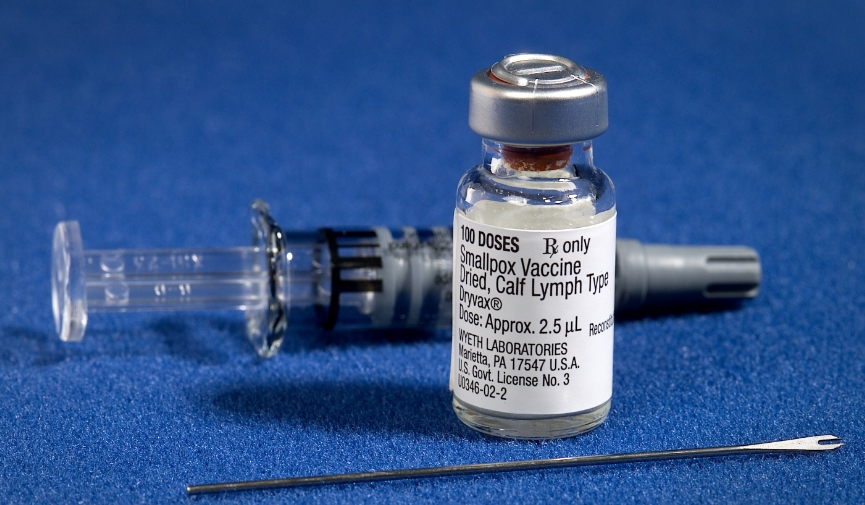Controversial “Luigi Mangione Act”: Necessary reform or political stunt?
By isabelle // 2025-03-31
Tweet
Share
Copy

- A controversial California ballot measure named after accused murderer Luigi Mangione aims to hold insurers accountable for denying medical care.
- Critics condemn the bill’s branding and heavy-handed regulations, arguing it glorifies violence and could harm the healthcare system.
- The bill would allow patients to sue insurers for triple damages if they delay or deny doctor-recommended treatments.
- Mangione, accused of killing a healthcare CEO, has gained a cult following, with supporters funding his legal defense.
- The measure faces backlash for exploiting a crime for political gain, with calls for market-based healthcare reforms instead.
A questionable namesake
Mangione, 26, is facing federal murder charges for the December 2024 shooting of Thompson in Manhattan. The words “delay” and “deny” were reportedly inscribed on the bullet casings, a grim reference to insurance industry practices. Despite the brutality of the crime, Mangione has gained a cult-like following, with supporters raising hundreds of thousands of dollars for his legal defense. Eisner, the bill’s sponsor, admits he used Mangione’s name for shock value. “For a very simple reason: it is getting the attention it needs, because sometimes things require publicity,” he told CBS 8. “People are tired of carriers, of insurance companies denying them health care.” While he claims to oppose Mangione’s violent methods, Eisner insists the accused killer’s underlying grievance—insurance denials—is valid. Critics, however, argue that glorifying an alleged murderer undermines the bill’s credibility. “THE LUIGI MANGIONE ACCESS TO HEALTH CARE ACT? Seriously?” journalist Gerald Posner wrote on X. “A ballot initiative about health care submitted today to the California Attorney General is named after the accused killer. Crazy.”Flawed fixes for a broken system
The bill’s core premise of preventing insurers from overriding doctors has merit. Too often, patients face arbitrary denials for life-saving treatments. But some argue that the solution shouldn’t be more litigation and government mandates, which could drive up costs and push insurers out of California entirely. The California Association of Health Plans condemned the measure as “a repugnant action,” arguing that exploiting a murder to push a political agenda is unacceptable. They are certainly looking out for their best interests, but they have a point: real reform should focus on market-based solutions, such as increasing price transparency and competition.What comes next?
The public comment period ends April 25, after which the Attorney General will finalize the measure’s official title—likely dropping Mangione’s name. If approved for signature-gathering, supporters will need 546,000 valid petitions to place it on the 2026 ballot. While frustration with insurance denials is justified, naming a bill after an accused killer is a bridge too far—and the proposed regulations could do more harm than good. California’s healthcare system needs reform, but not like this. The “Luigi Mangione Act” may have succeeded in grabbing headlines, but serious policy shouldn’t be reduced to a publicity stunt. If lawmakers truly want to fix healthcare, they should focus on practical, free-market solutions—not sensationalism. Sources for this article include: NYPost.com KTLA.com Newsweek.comTweet
Share
Copy
Tagged Under:
California politics propaganda twisted freedom healthcare big government insanity laws health freedom health insurance health coverage outrage liberty Luigi Mangione Act Paul Eisner
You Might Also Like
Iranian MP urges nuclear weapons development, citing North Korea as model
By Cassie B. // Share
Israeli forces execute Gaza medics, bury them in mass grave in Rafah
By Cassie B. // Share
BIO-TERROR ROUNDUP: Citing BS study, WebMD claims COVID Vax is ‘still crucial’ for kids
By S.D. Wells // Share
Israel’s war on Gaza’s healthcare: Over 1,400 medical workers killed in attacks
By Cassie B. // Share
Recent News
Edamame: A nutrient-packed superfood you should be eating
By lauraharris // Share
Exotic honey comes to the rescue in fighting deadly C. difficile infections
By newseditors // Share
Iranian MP urges nuclear weapons development, citing North Korea as model
By isabelle // Share










